What if God exists except it turns out he doesn't really like people very much?
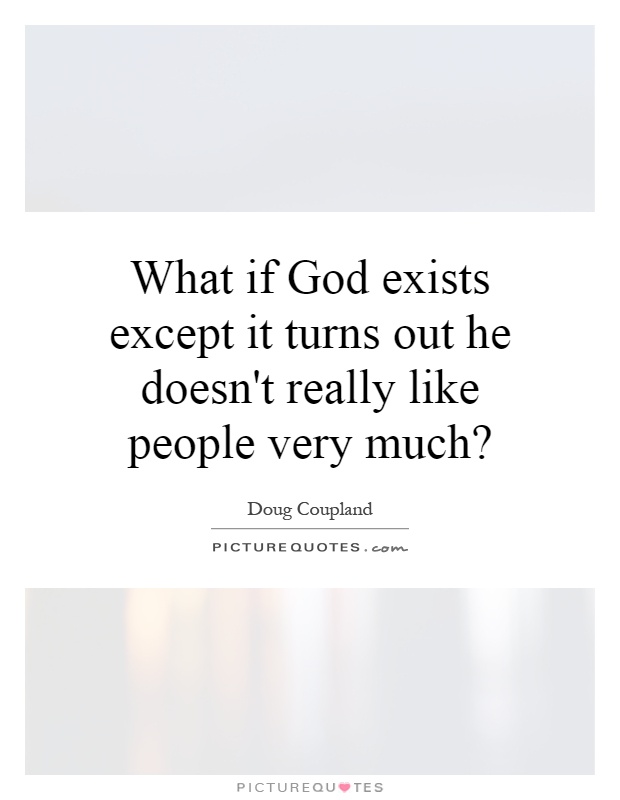
What if God exists except it turns out he doesn't really like people very much?
In the world of Doug Coupland, a renowned author known for his satirical and thought-provoking works, the concept of a God who exists but doesn't particularly like people very much is not entirely far-fetched. Coupland's writing often delves into themes of existentialism, technology, and the human condition, and the idea of a distant or indifferent deity fits right in with his exploration of these complex topics.If God exists but doesn't really like people very much, it would certainly challenge traditional beliefs and assumptions about the nature of divinity. In Coupland's world, this revelation could lead to a sense of disillusionment and existential crisis among his characters, who may struggle to find meaning and purpose in a universe where they are not the favored creations of a benevolent higher power.
This concept also raises questions about the nature of morality and ethics. If God doesn't like people very much, does that mean that human suffering and injustice are somehow justified or ordained by a higher power? Coupland's characters may grapple with these difficult questions as they navigate a world where the traditional moral compass provided by religion is called into question.
Furthermore, the idea of a God who doesn't like people very much could serve as a commentary on the state of modern society. Coupland often explores the impact of technology and consumer culture on human relationships and identity, and a distant or indifferent deity could be seen as a metaphor for the alienation and disconnection that many people feel in an increasingly digital and materialistic world.
Overall, the concept of a God who exists but doesn't really like people very much is a provocative and intriguing idea that fits well within the themes and style of Doug Coupland's work. It challenges traditional beliefs, raises important ethical questions, and serves as a reflection of the complexities and contradictions of the human experience.

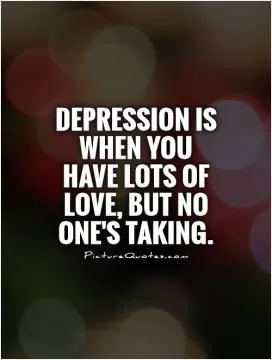

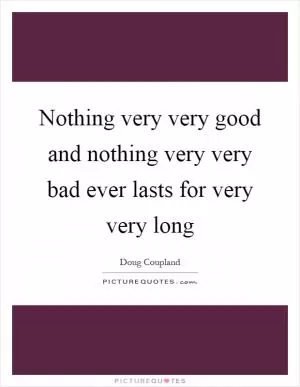





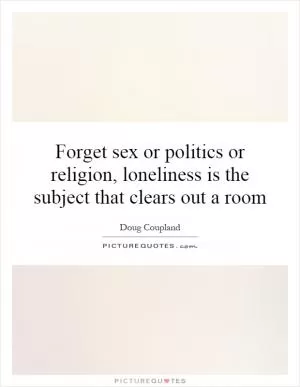

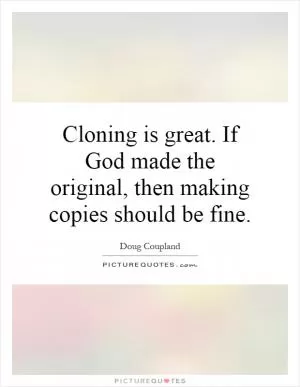
 Friendship Quotes
Friendship Quotes Love Quotes
Love Quotes Life Quotes
Life Quotes Funny Quotes
Funny Quotes Motivational Quotes
Motivational Quotes Inspirational Quotes
Inspirational Quotes